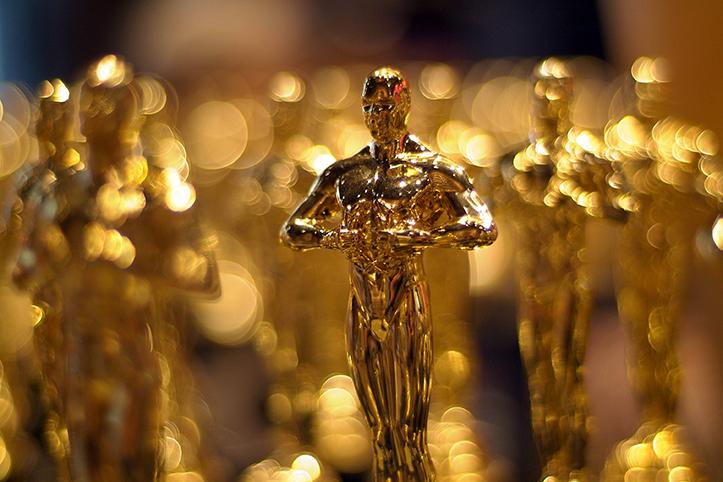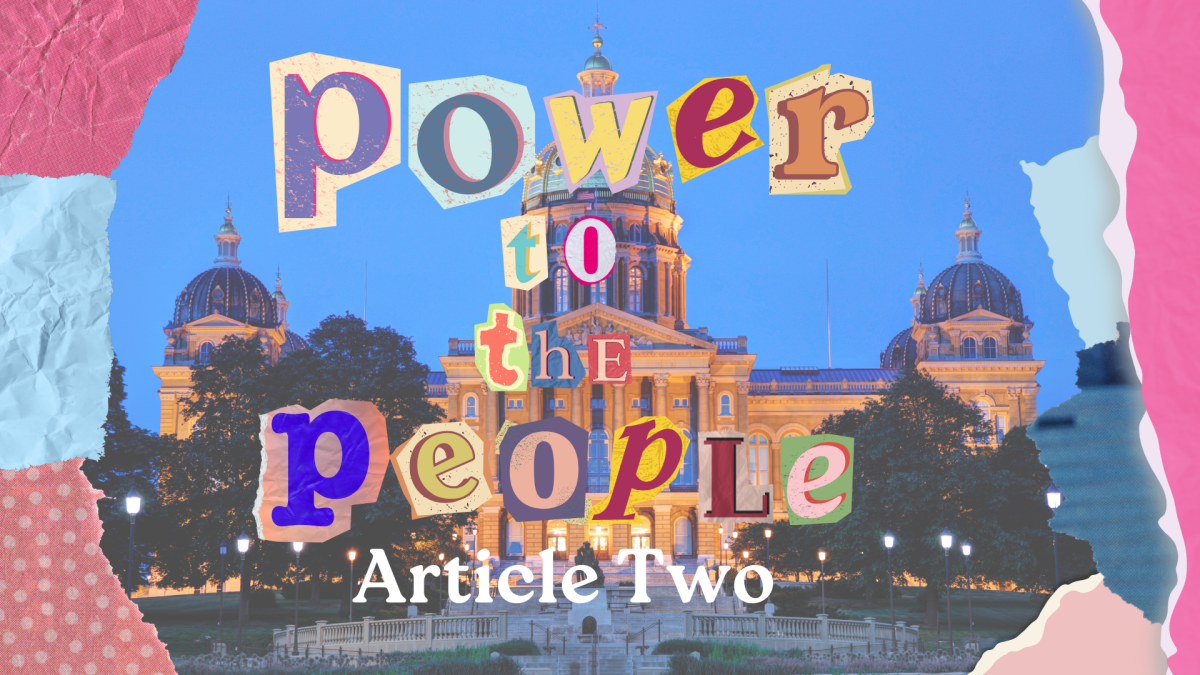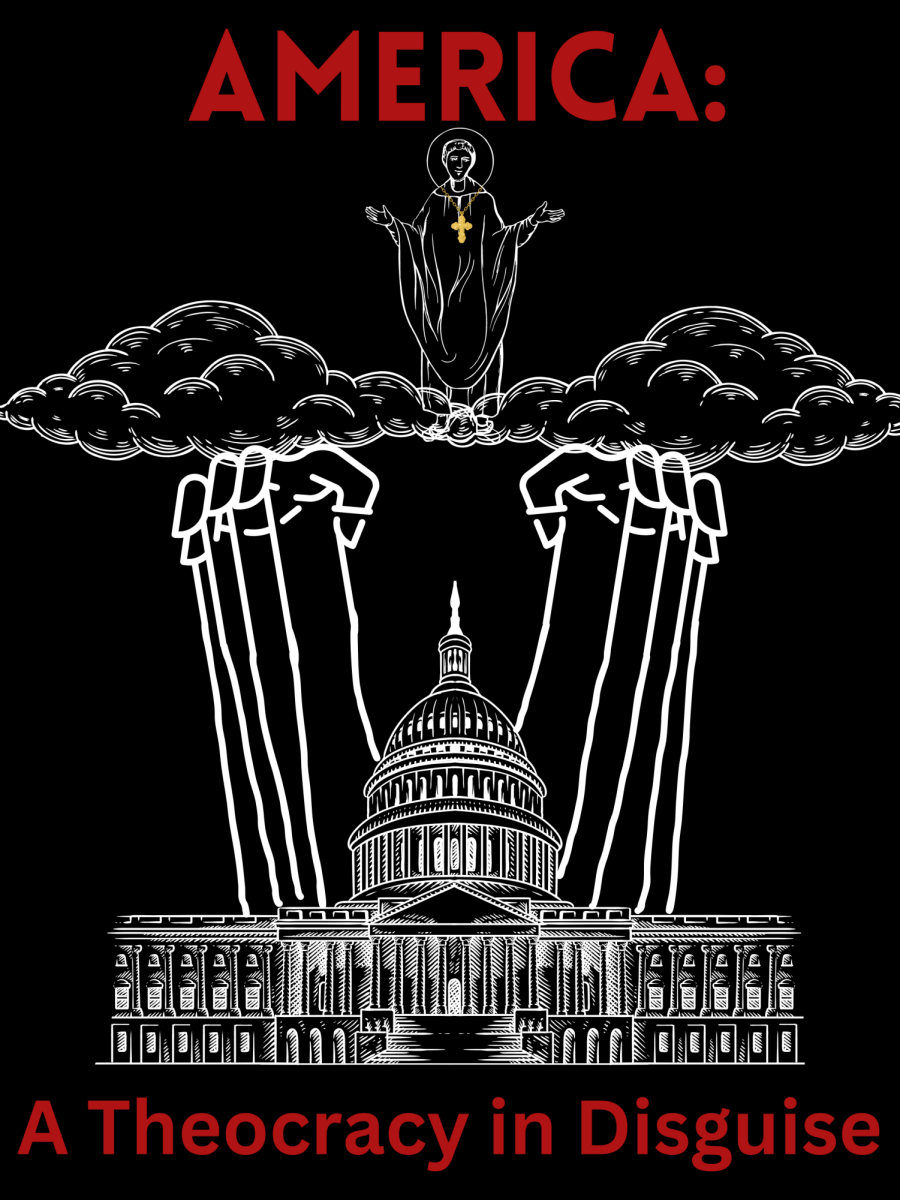For the second year in a row, all 20 of the nominees for acting categories in the Academy Awards are white. All of the directing nominees are men. This has become a sad pattern by the Academy, although perhaps the Academy isn’t completely to blame. Perhaps we need to look to Hollywood as a whole, which does not offer many opportunities for minorities in big films. Perhaps we as moviegoers need to see more movies that cast minorities in major roles.
Even when we take casting and people’s own preferences into account, the Academy is made up of 94 percent Caucasians, 77 percent men and over 80 percent are 50 years old and over. People watch and like what is familiar to them, so the Academy members are probably less likely to watch and vote for “Creed” or “Chi-Raq” than they are to watch and vote for “The Revenant” or “The Martian”. It’s a sad truth, and sometimes we catch ourselves in this subconsciously racist mindset. I can admit that I didn’t see a film like “Straight Outta Compton” simply because I don’t really know about the music group at its center. We stick with our culture and our stereotypes, keeping us in a new, subtle form of segregation.
While many people of color in Hollywood, such as actor Will Smith, his wife Jada Pinkett-Smith and director Spike Lee, are not attending the ceremony, other actors and directors of color are being brought in to be presenters, and Chris Rock, an African-American man, is hosting. Its bad to not even consider people of color for awards, its worse to bring them in to give awards to the white people who were.
While some actors and actresses are deserving of nominations due to being actually good, such as Leonardo DiCaprio for “The Revenant” or Cate Blanchett for “Carol”, some choices seem to be the Academy grasping for straws, like Bryan Cranston in “Trumbo” (even though I didn’t see it, I didn’t even know the movie existed until Cranston was nominated) or Jennifer Lawrence for “Joy” (a performance that was fine at best). I’m not even sure why “The Big Short” is nominated for anything, as the acting (it’s basically a cast of 30-40 year old white men), cinematography, and basically everything about that movie can only be described as typical.
Even with the problems within the Academy, there are many good recent examples of diversity in film. Of the new trio in “Star Wars: The Force Awakens”, there is a Nigerian-British man, a mixed-race Latino man and a white British woman. For a modern blockbuster like “Star Wars”, that’s pretty important. I recently watched a great yet under seen film from 2015 called “Tangerine” that cast two African-American transgender women as its leads. In light of recent films like “The Danish Girl” and “About Ray” which cast (most of the time white) cisgender people for transgender roles, this is extremely important.
Various Hollywood names are split on this issue. Charlotte Rampling, a long-working English thespian who is nominated for Best Actress for the marriage drama “45 Years”, called the idea of an Oscar boycott, “racist to white people”, saying that diverse actors might not have been chosen simply because they didn’t give a good performance. Danny DeVito blamed the lack of diverse nominees on America simply being a racist country. The above-mentioned Will Smith said, “The nominations reflect the Academy, the Academy reflects the industry, and the industry reflects America.” Smith has a major point, what we choose as the best in film reflects our views as a nation.
There are many aspects of American cinema history that are blatantly racist. People accused the makers of the stellar Best Picture winner “12 Years a Slave” of enforcing “white guilt”. Characters of color are repeatedly cast as white, like the upcoming “Gods of Egypt” or “The Last Airbender”. Racists on Twitter wanted to boycott the new Star Wars film because African-British actor John Boyega was cast as one of the leads. Even in modern times, bigotry is inescapable. Film has a considerable influence on people, it has the power to make people think or feel a certain way.
However, that is not to say that we have not made any progressions. As said above, there are many examples of diversity in film in places that are unexpected. We must always be pushing to make films that are able to be watched and enjoyed by everyone, not just those within our race. The Academy recently put out a promise to add more people of color and women to their voters by 2020, lets hope they make good on that promise. This is the 21st century, and we must keep moving forward.









Jacob Smith • Feb 23, 2016 at 8:02 pm
Isn’t artificially diversifying the Academy Awards reverse-racism? Charlotte Rampling hit this issue right on the money; this article is making a mountain out of a molehill.